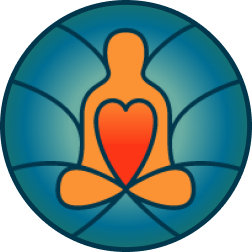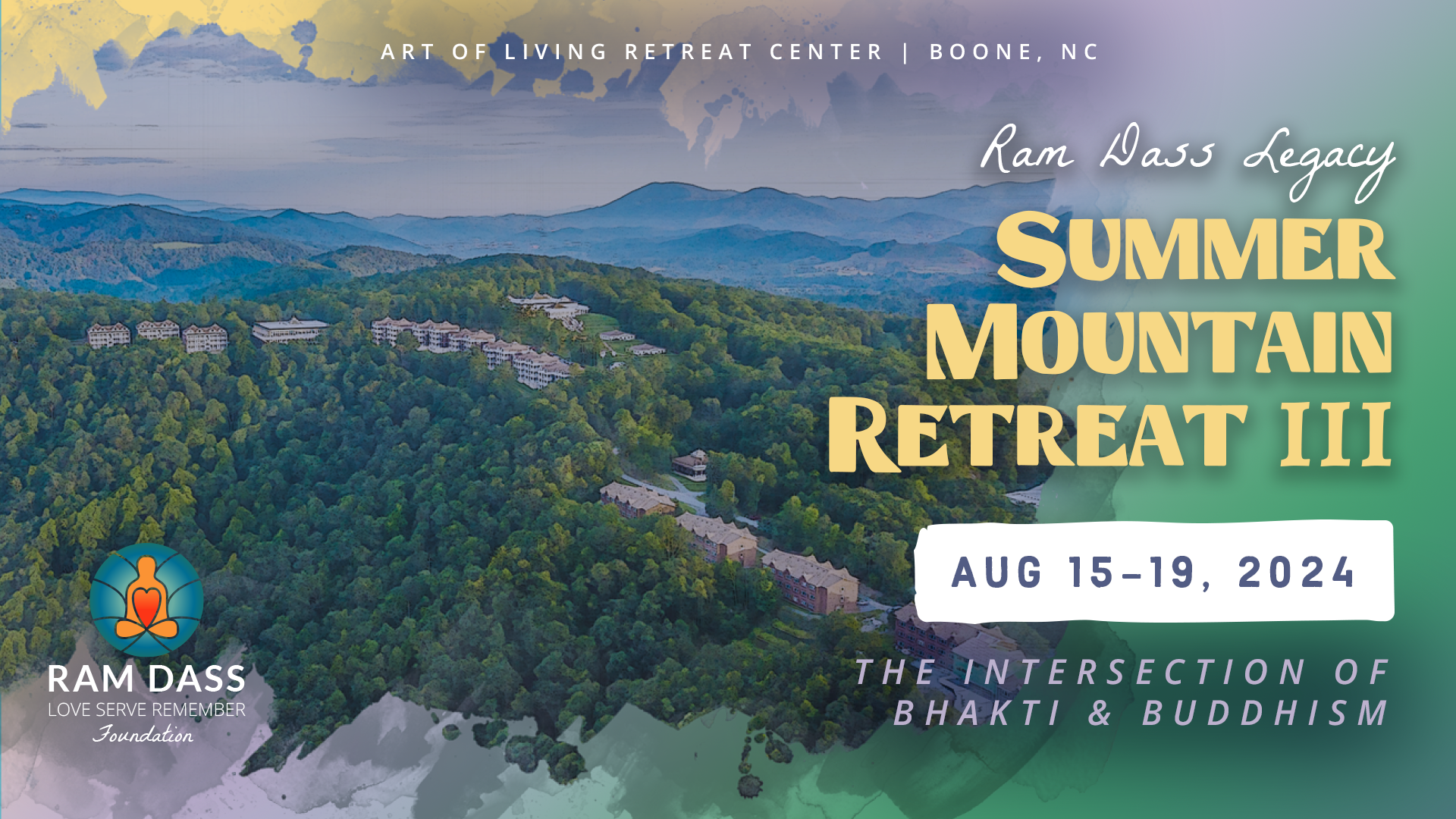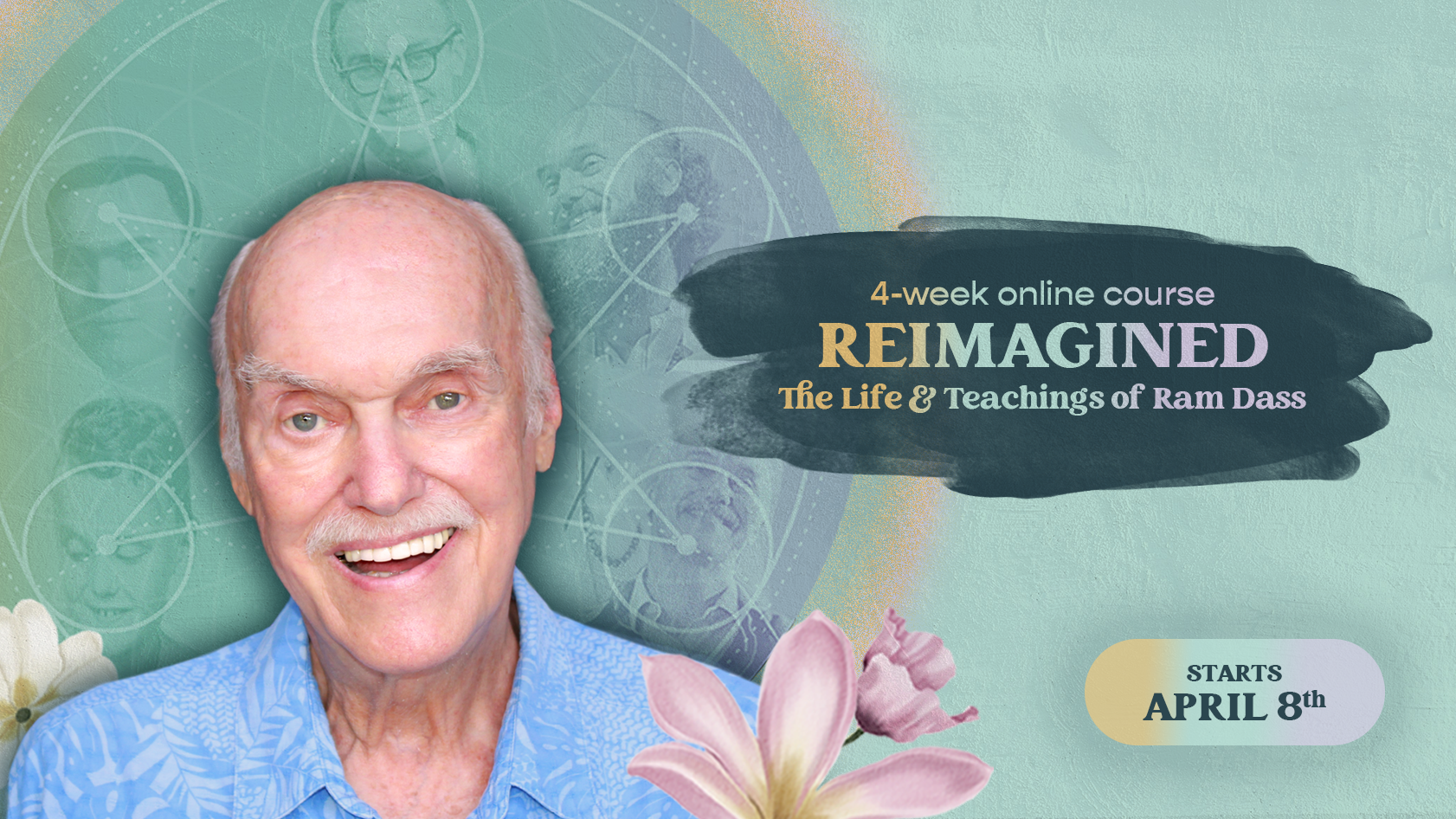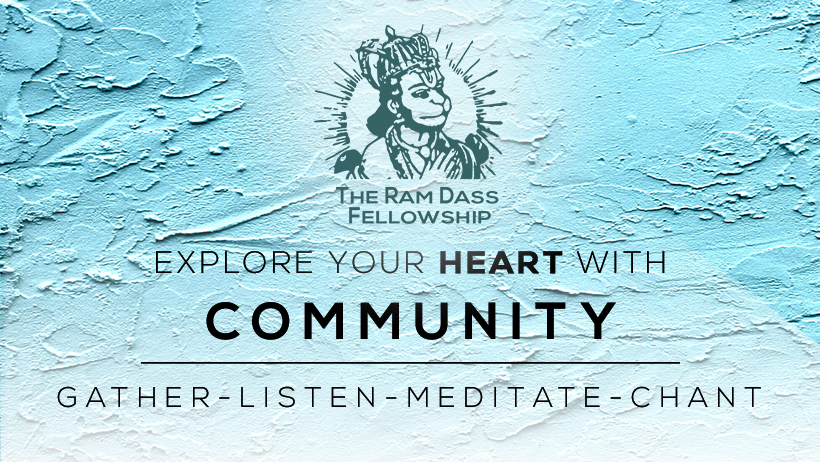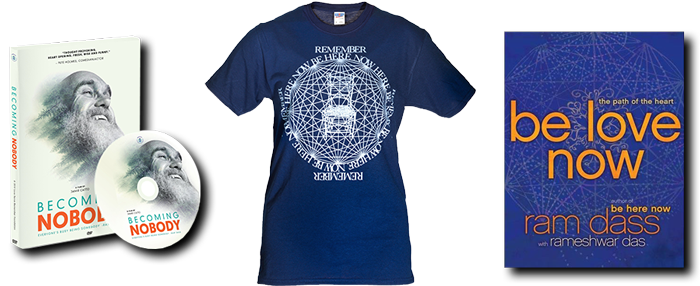When somebody comes to me and they are suffering deeply, my first experience is one of empathy with their pain; my heart hurts.
Then as my mind quiets down, I start to experience expanded awareness in which I am feeling an identity with that person, rather than just empathy; now a new phenomenon has occurred, now it is no longer that person suffering, it becomes our suffering. If I quiet my mind, and deepen my awareness, I come to the place where it is all part of one thing – now the experience is that it is ‘my’ suffering, or ‘the’ suffering; and ‘the’ suffering includes that person’s pain, my pain in my heart, all of it.
If I expand my awareness, yet again, I am the space that surrounds the suffering, and within that space there is the pain in the individual and the pain in my heart, very much like there are clouds within the sky.
Now, holding all that in mind for a moment, let me just shift gears a little bit: In the teachings that the Buddha gave immediately after his enlightenment, he pointed out the Four Noble Truths: The first of the truths was that there is suffering, the second truth was that the cause of suffering within an individual is due to the ‘clinging’ of the mind, to the attractions and aversions one experiences; for example, if I have hair on my head, and I am attached to that hair, and then it goes, I will suffer; the cause of the suffering is the ‘clinging’ to the model of myself with hair. There is no reason to suffer just because I don’t have hair, unless I am ‘clinging’ to something with my mind. When you get old, you will suffer if you are ‘clinging’ to your youth; if you get sick, you will suffer if you are ‘clinging’ to your health; if it is winter, you will suffer if you’re ‘clinging’ to summer; if your children leave home, you will suffer if you’re ‘clinging’ to being a parent.
In a world in which all phenomena are changing continually, you can see that the minute the mind grabs hold, in the presence of change, there will be suffering.
The third noble truth was this statement: If you let go of the ‘clinging’ of the mind, you will become free of suffering. This is a very profound teaching. If you have pain from a toothache, whether you suffer or not will be dependent on how your mind treats that strong stimulus. The other day I went into a hot tub and it was very hot! My friend who got into the tub suffered bitterly while I was in ecstasy. We both got into the same tub, but our set and our expectations were different – for my friend, it was too hot, for me, it was a new moment!
Beginning to appreciate those truths allows one to see one’s own personal predicament: When you look at your own suffering, you can see the way in which it is caused by your own mind.
Even the death of a loved one is part of the process of life and death. Why are you suffering? When the leaves on the trees turn red and then drop off, you don’t suffer, you look at nature, and you see the cycles of birth and life and death, and you understand the way it all works.
A person meets another person, and they start to become friends and lovers, and then the lover dies and the person suffers when a year prior that person didn’t even know the other person, and if that other person would have died, they never would have noticed it – but something has happened to the mind, and now there is intense suffering.
Somebody comes to me, and they say, “I am becoming a yogi, and I would like to do a fast; and I would like to fast for four days.” I say to them, “When I was doing my sadhana, I fasted for nine days, you will get to God faster if you fast for nine days.” So the person decides to fast for nine days and on the seventh day they say, “I have fasted for seven days, I haven’t eaten for seven days.” I say, “Wonderful! Two more days, and you may become enlightened.”
Now I walk out on the street, and a person comes up to me on the street and says, “Could you give me some money? I haven’t eaten in seven days.” And I say, “Two more days and you may become enlightened,” can you feel how inappropriate that is? This is a very interesting point, because the suffering in the first case is something the individual is using in their work on themselves, it is not even really suffering, it is just ‘not eating’; the other person is suffering. In one case, you give them encouragement to not eat; in the other case, you give them food – in both cases, you are acting to relieve suffering.
– Ram Dass, 7/16/1994 – Gersfeld, Germany

